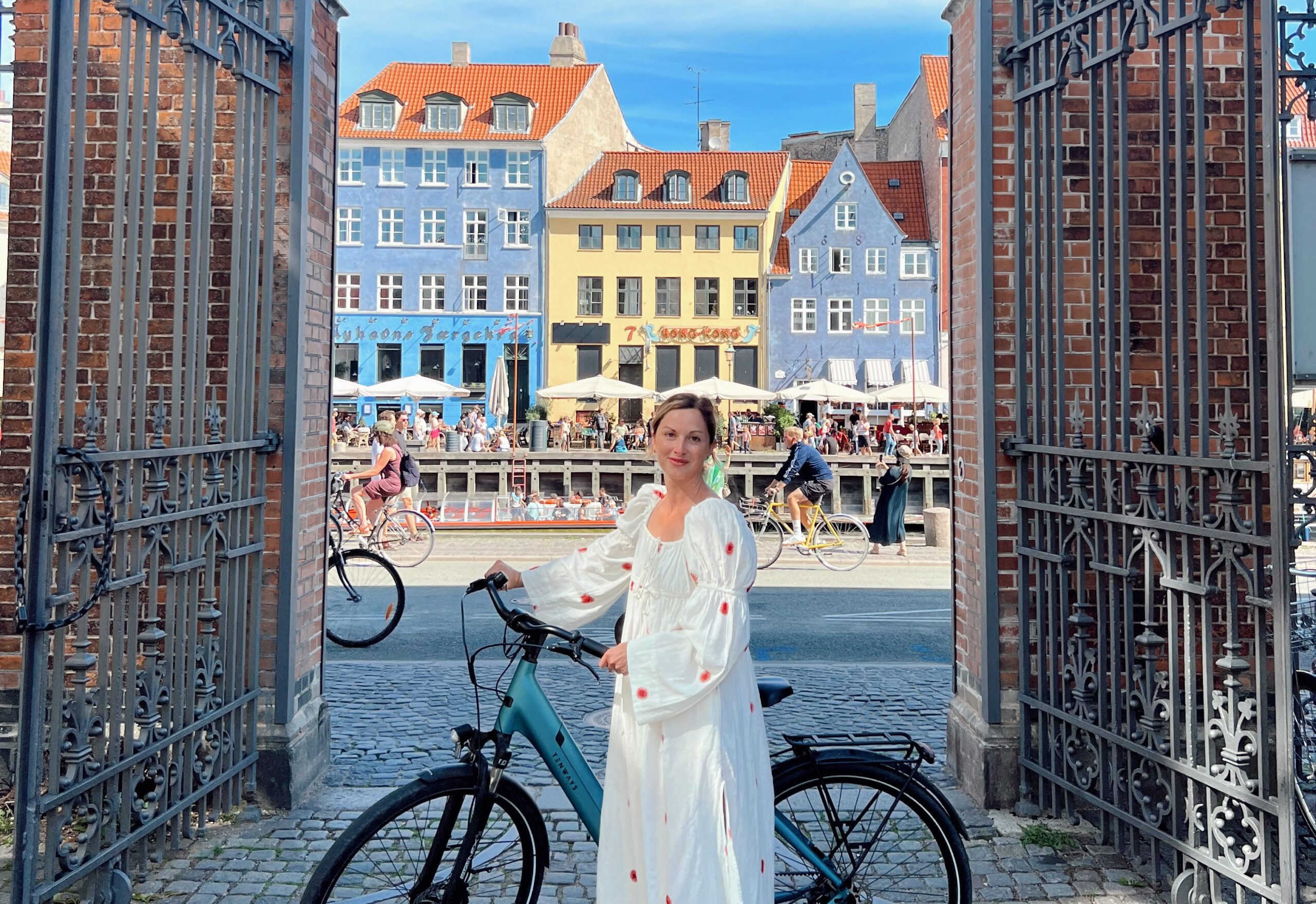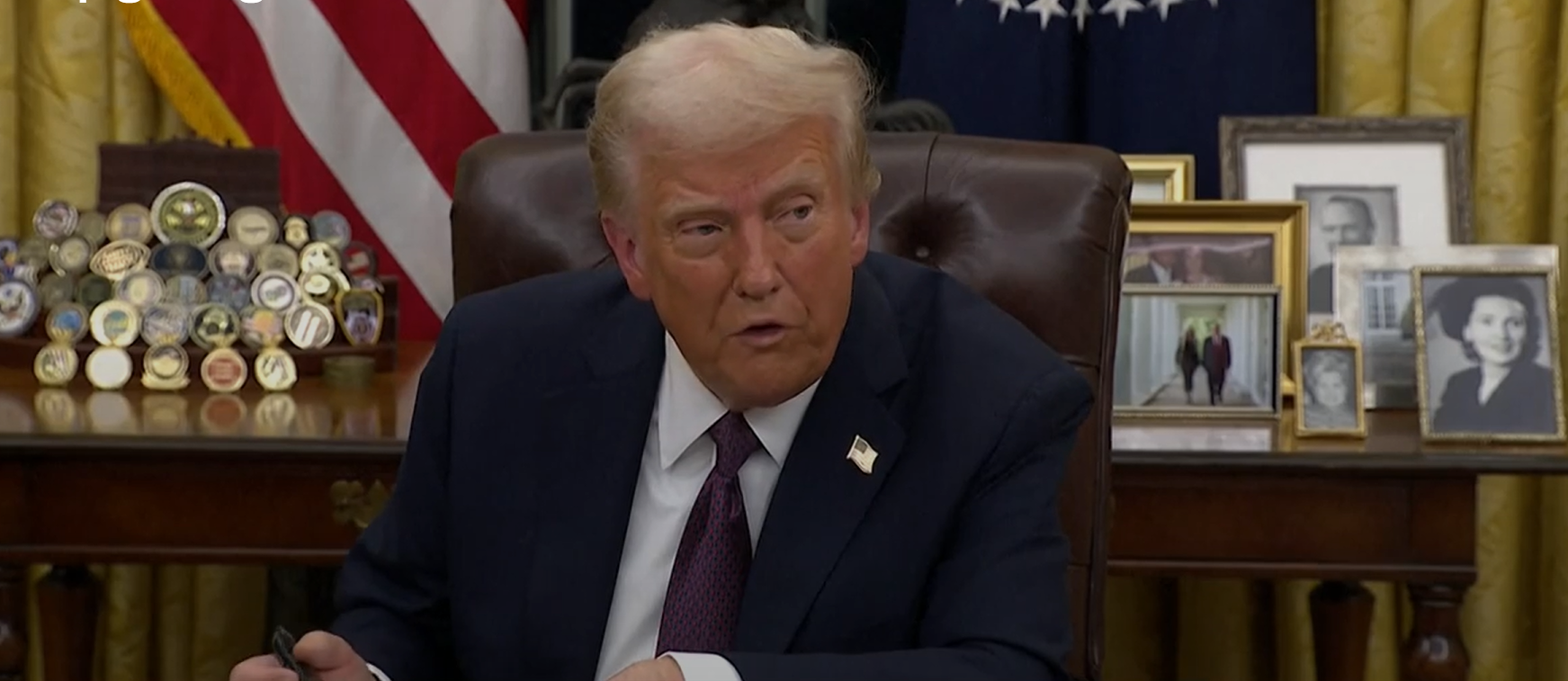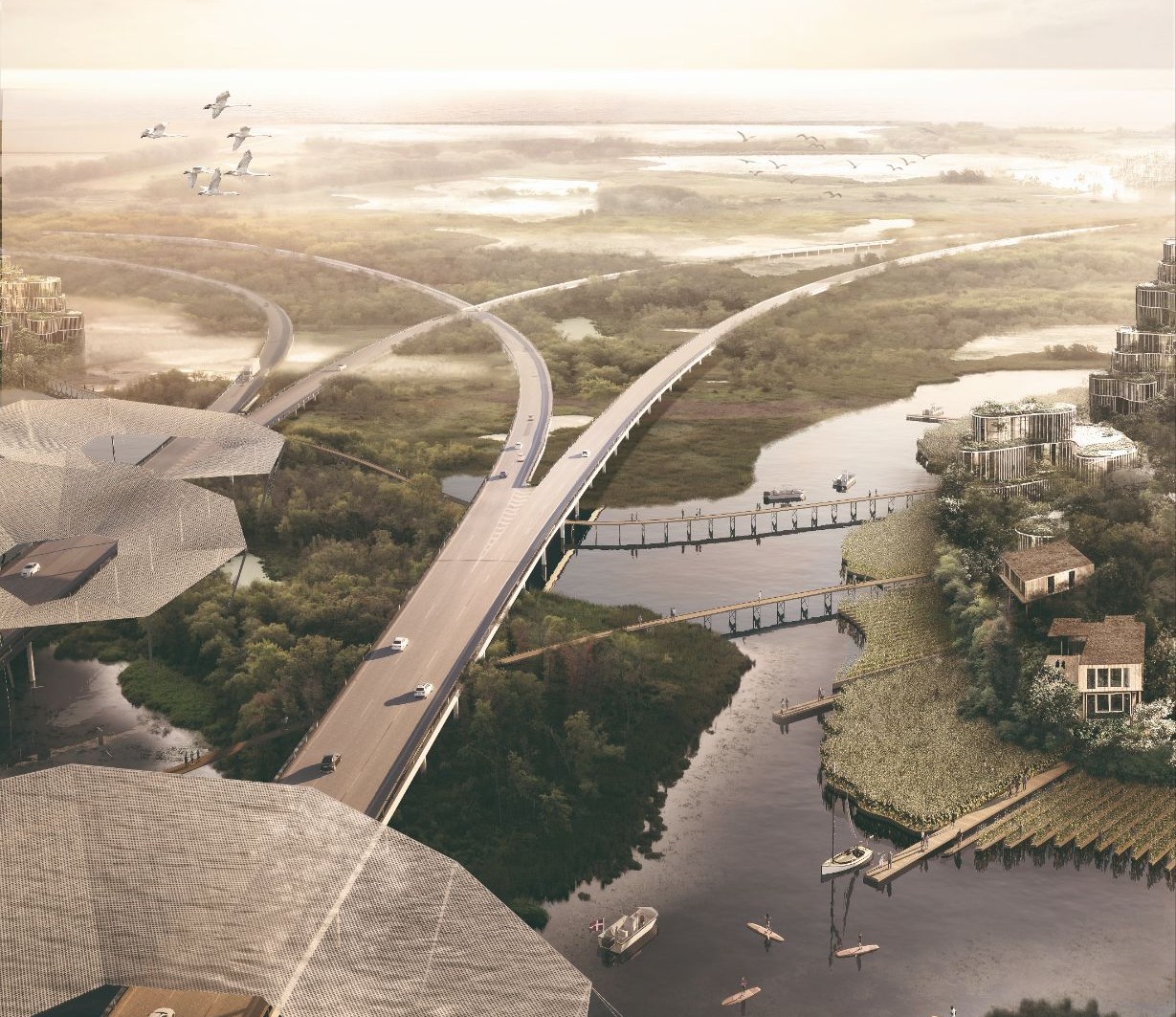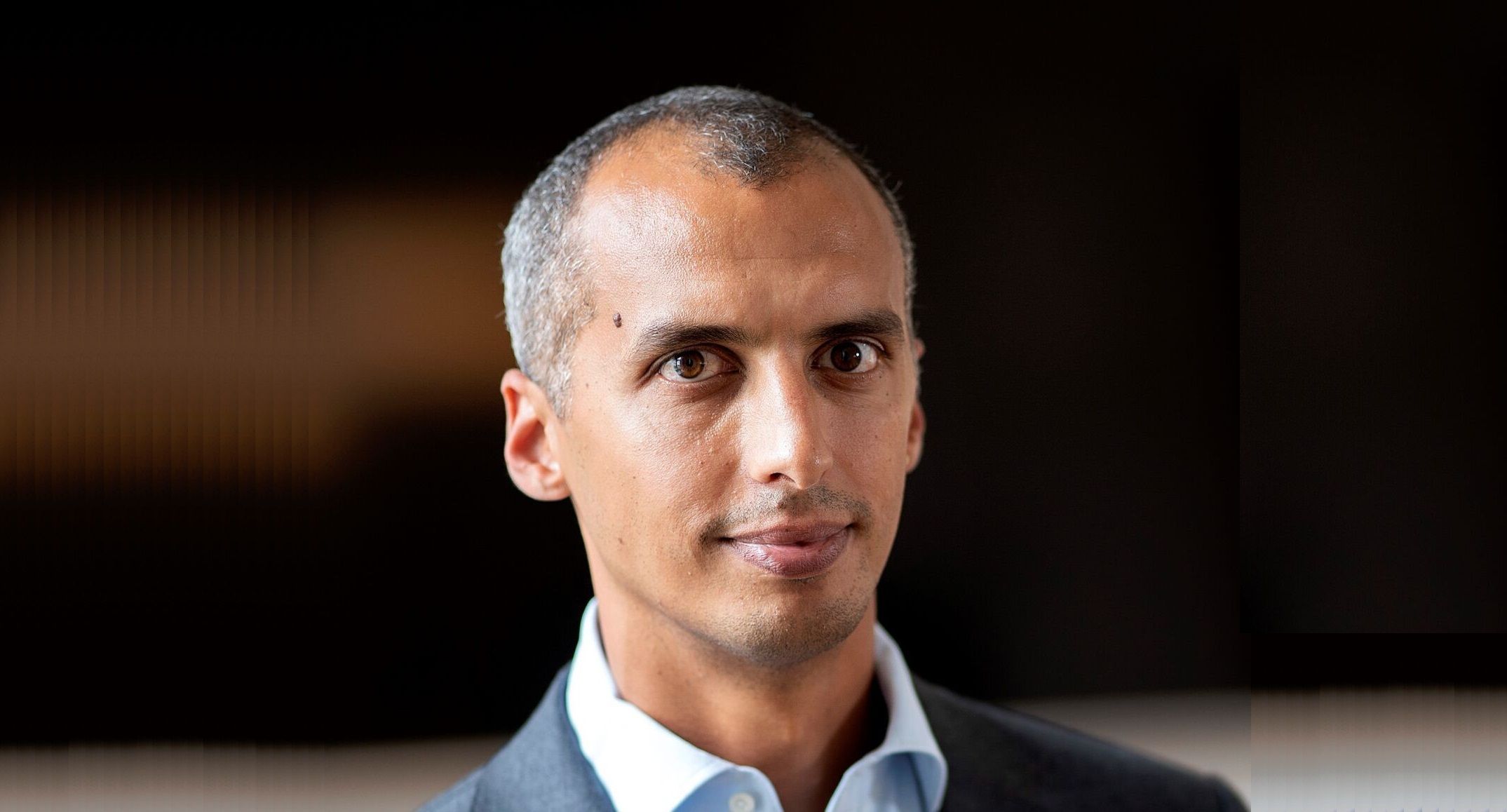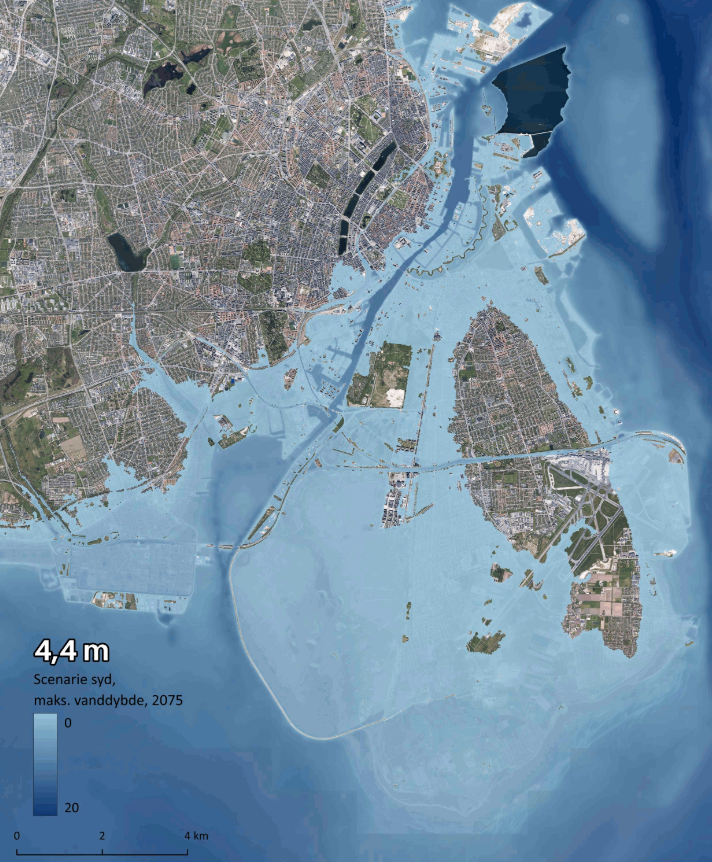 Europe is at a turning point, and not just symbolically. Whereas in the past 60 years ‘Europe’ grew out from the Benelux countries all the way to the borders of Turkey and Russia, the EU is now on the retreat as it tries to find ways to restore faith in its currency and economy.
Europe is at a turning point, and not just symbolically. Whereas in the past 60 years ‘Europe’ grew out from the Benelux countries all the way to the borders of Turkey and Russia, the EU is now on the retreat as it tries to find ways to restore faith in its currency and economy.
The past few months has seen EU leaders repeatedly meet to hammer out deal after deal as they try and come to a solution to the debt crisis. It was quickly realised that throwing money at problem countries was not a viable option – unless countries fundamentally changed the way they run their economies, the markets would not regain trust in European banks who hold government debt. And without investment, Europe could face a crippling credit crunch inhibiting any attempt to stimulate growth.
Driving the efforts to find a solution is the German chancellor, Angela Merkel, and the French president, Nicolas Sarkozy – so influential have they been in leading the pack that they have been dubbed ‘Merkozy’. Running the two largest single economies in Europe, it’s not surprising that they have taken the lead, forcing Greece and Italy to put into place austerity measures in exchange for accepting trillions of euros of bailouts.
But while they seem a united front, France is in a far more dire situation than Germany.
According to the Economist, France has the largest debt and deficit to income ratio out of all the AAA rated countries in the EU. Their banks own a lot of toxic Greek and Spanish debt, so keeping those countries afloat is vital for its own banking sector and economy.
Germany, on the other hand, has the union’s largest and most stable economy. The Economist argues that it’s an issue of leadership. Merkel cannot take the lead alone and needs a strong partner, while Sarkozy needs to be seen as trying to find a solution to the debt problem in southern Europe in order to keep their prized AAA credit rating – being downgraded would make it more expensive to borrow.
Not everyone has been happy with Merkozy’s lead. After their summit this October in Berlin, to discuss ways to tackle the crisis, Franco Frattini, the Foreign minister under Silvio Berlusconi, argued that solutions should be found through the European Parliament.
“A global problem cannot be solved with a bilateral axis,” Frattini said.
Despite the criticism that the Merkozy method is undemocratic, Denmark, for one seems happy to let Germany and France take the lead.
“Right now most people can see, not that democracy can wait, but that we’re in a special situation and it is not good for democracy if Europe crashes,” Marlene Wind, EU expert at Copenhagen University said.
Indeed, most of Europe seems to be thinking along these lines. All EU member states bar the UK have signed up to negotiate the new fiscal compact treaty, which is currently being drawn up and is hoped to be implemented in March.
While the precise details are due to be released in January, the basic elements of the deal would mean increased budgetary and fiscal co-operation monitored by Brussels in order to prevent countries from spiralling into the same debt problems as they have now. While it is only designed for the Eurozone, non-euro countries would benefit from signing up by sending a positive signal to markets that they are prepared to tackle their debt issues and hopefully prevent their credit rating getting downgraded.
But will the treaty really solve the problem? Many have argued that it will end up focussing too much on austerity and too little on growth. The foreign minister, Villy Søvndal, even made this point, saying in mid-December that Denmark would have a hard time signing up if it meant that they could not run a deficit to stimulate their economy.
These are issues that will be tackled over the coming months. But regardless of whether the process is democratic, or the proposed solutions will actually lead Europe out of the crisis, one thing is certain, Europe is at a turning point and things will probably never be the same again.


